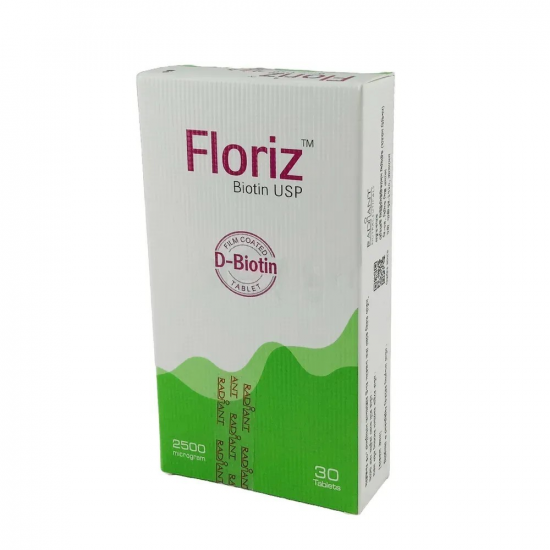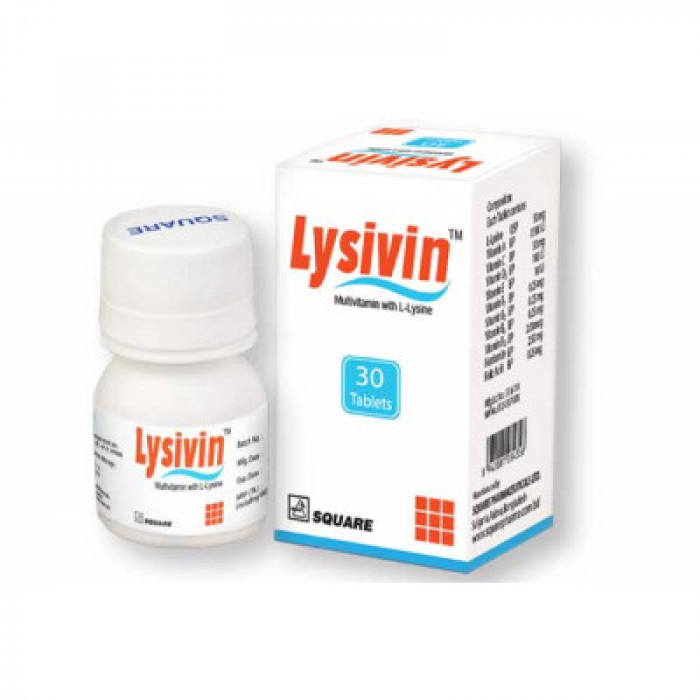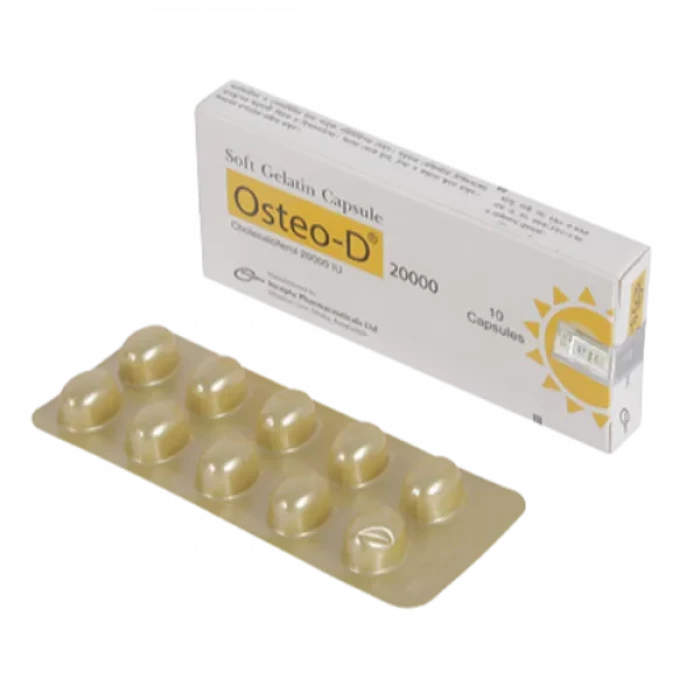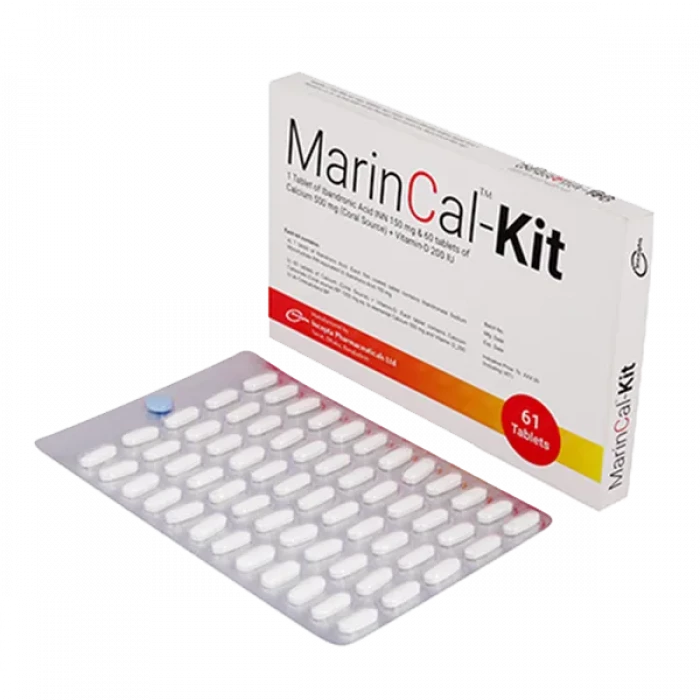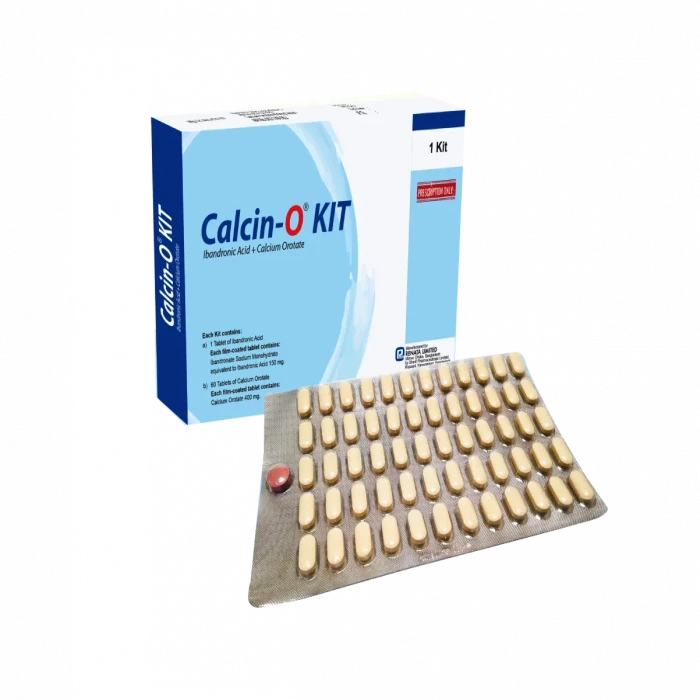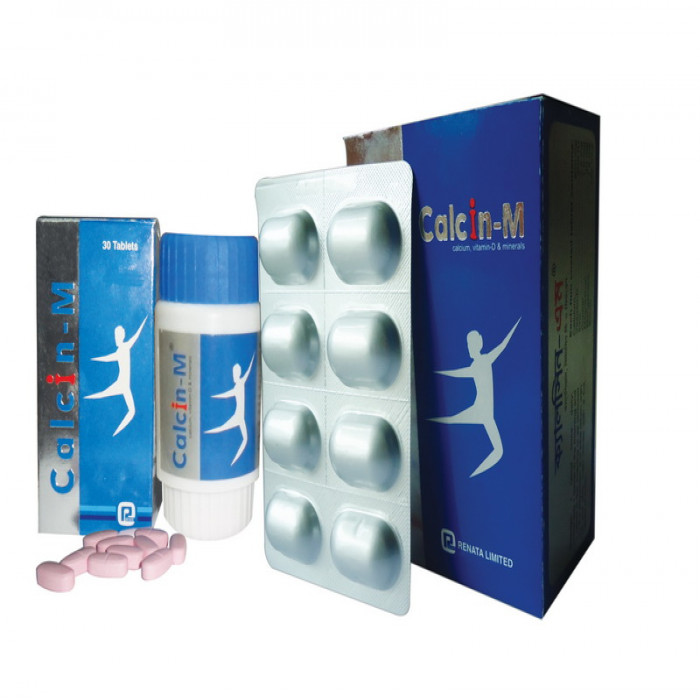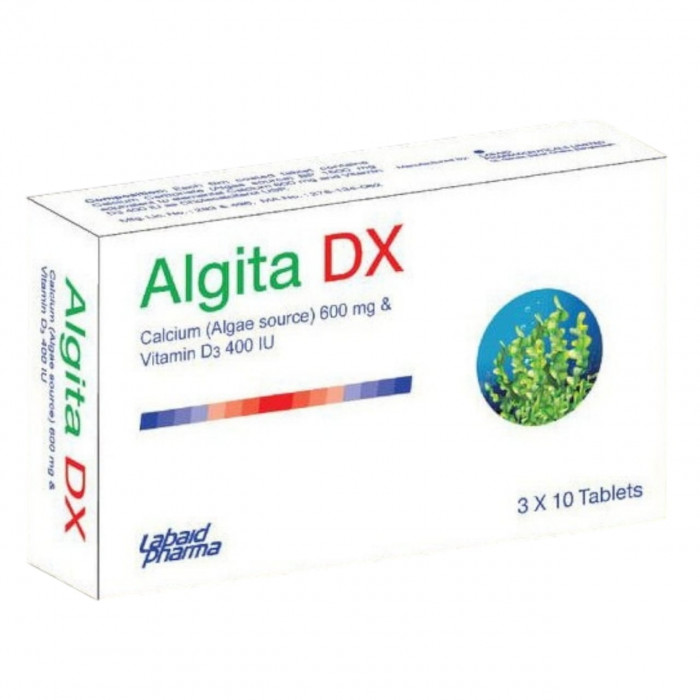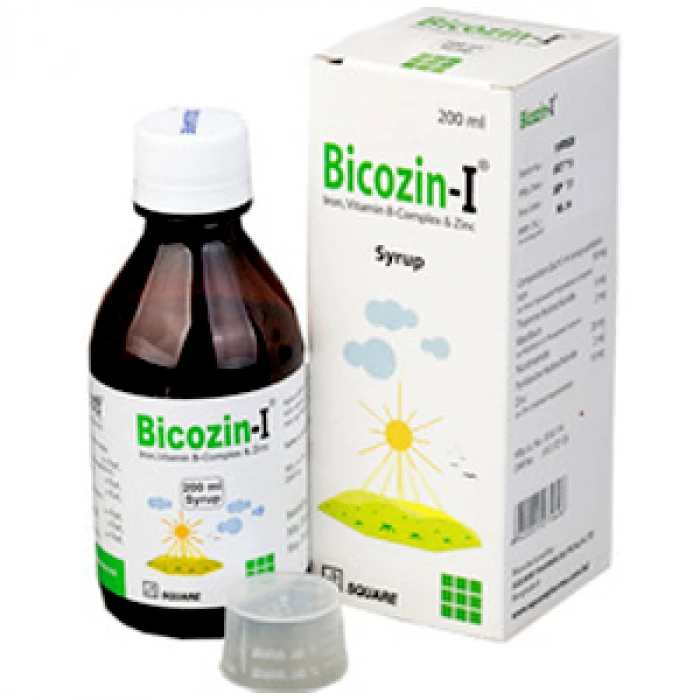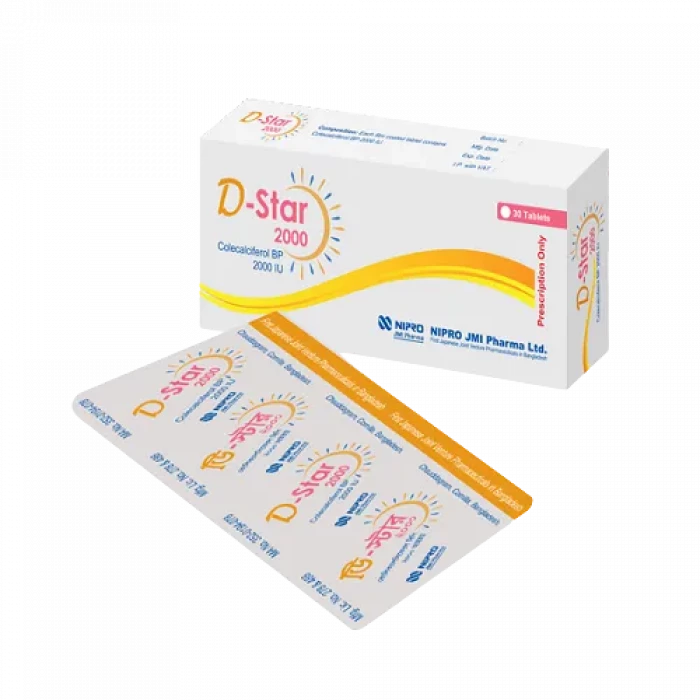
✔ 100% Authentic Product
👁️ Currently Viewing 2211
Generic Name: Cholecalciferol [Vitamin D3] 2000IU
Company Name: Nipro JMI Pharma Ltd
Discount
Price: ৳ 71
MRP:
৳
75
5%
Off

100% Genuine Products, Guaranteed

Safe & Secure Payments, Always

Fast, Secure & Efficient Delivery

Proper Packaging
 Cash on Delivery - All over Bangladesh
Cash on Delivery - All over Bangladesh Regular Delivery - 12-24 Hours, Dhaka City* Charge Tk.39-59
Regular Delivery - 12-24 Hours, Dhaka City* Charge Tk.39-59 Regular Delivery - 24-48 Hours, Other Cities* Charge Tk.99-110
Regular Delivery - 24-48 Hours, Other Cities* Charge Tk.99-110
🌙 রমযান অফার 🌙
 ফ্রি ডেলিভারিঃ - ৭৯৯ টাকা+ অর্ডারে, ঢাকা
শহরে
ফ্রি ডেলিভারিঃ - ৭৯৯ টাকা+ অর্ডারে, ঢাকা
শহরে ফ্রি ডেলিভারিঃ - ২৭৯৯ টাকা+ অর্ডারে, ঢাকার
বাহিরে
ফ্রি ডেলিভারিঃ - ২৭৯৯ টাকা+ অর্ডারে, ঢাকার
বাহিরে
📲 মোবাইল অ্যাপ অর্ডারে সাশ্রয় বেশী
-
Google Play Store থেকে ডাউনলোড
-
Apple Store থেকে ডাউনলোড
100% Genuine Products, Guaranteed
Safe & Secure Payments, Always
Fast, Secure & Efficient Delivery
Proper Packaging
 Cash on Delivery - All over Bangladesh
Cash on Delivery - All over Bangladesh Regular Delivery - 12-24 Hours, Dhaka City* Charge Tk.39-59
Regular Delivery - 12-24 Hours, Dhaka City* Charge Tk.39-59 Regular Delivery - 24-48 Hours, Other Cities* Charge Tk.99-110
Regular Delivery - 24-48 Hours, Other Cities* Charge Tk.99-110 ফ্রি ডেলিভারিঃ - ৭৯৯ টাকা+ অর্ডারে, ঢাকা
শহরে
ফ্রি ডেলিভারিঃ - ৭৯৯ টাকা+ অর্ডারে, ঢাকা
শহরে ফ্রি ডেলিভারিঃ - ২৭৯৯ টাকা+ অর্ডারে, ঢাকার
বাহিরে
ফ্রি ডেলিভারিঃ - ২৭৯৯ টাকা+ অর্ডারে, ঢাকার
বাহিরে- Google Play Store থেকে ডাউনলোড
- Apple Store থেকে ডাউনলোড
🌙 রমযান অফার 🌙
📲 মোবাইল অ্যাপ অর্ডারে সাশ্রয় বেশী
✅ Description:
Indications of D-Star 2000 Tablet
Colecalciferol (Vitamin D3) is indicated in the treatment & prevention of Vitamin D3 deficiency. It is also indicated as an adjunct to specific therapy for osteoporosis in patients with vitamin D3 deficiency.
Pharmacology of D-Star 2000 Tablet
Colecalciferol (Vitamin D3) helps for the absorption & reabsorption of Calcium & Phosphorous. Vitamin D3 is essential for normal bone growth & to maintain bone density. It also reduces the severity of bacterial infection, improves lung function, prevents the risk of cancer (breast, colorectal) & helps to maintain adequate insulin levels for type 2 diabetes patients
Dosage & Administration of D-Star 2000 Tablet
For capsule: Adults:
Treatment of Vitamin D3 deficiency: 40000 IU once weekly for 7 weeks. Doses for maintenance therapy is 1400-2000 IU/day. To confirm the target level of 25 hydroxyvitamin D, measurement of it should be determined 3-4 months after initiating the maintenance therapy.
Prevention of Vitamin D3 deficiency: 20000 IU every 4 weeks. Higher doses may be required in certain situations.
Addition to specific therapy for osteoporosis: 20000 IU once a month.
For capsule: Children (12-18 years):
Treatment of Vitamin D3 deficiency: 20000 IU once every 2 weeks for 6 weeks.
Prevention of Vitamin D3 deficiency: 20000 IU every 6 weeks.
Interactions of D-Star 2000 Tablet
It interferes with phenytoin, barbiturates, glucocorticoids, certain laxative (such as liquid paraffin), actinomycin and imidazole antifungal agents.
Contraindications
It is contraindicated in patients with known hypersensitivity to Vitamin D3.
Side-Effects of D-Star 2000 Tablet
The general side effects are hypercalcaemia, hypercalciuria, skin rash, pruritus, urticaria, nausea, abdominal pain.
Pregnancy
Studies have shown safe use of doses up to 4000 IU during pregnancy. The recommended daily intake for pregnant women is 400 IU, however, in women who are considered to be Vitamin D3 deficient a higher dose may be required. During pregnancy women should follow the advice of their medical practitioner as their requirements may vary depending on the severity of their disease and their response to treatment Vitamin D3 and its metabolites are excreted in breast milk. Overdose in infants induced by nursing mothers has not been observed; however, when prescribing additional vitamin D3 to a breast-fed child the practitioner should consider the dose of any additional vitamin D3 given to the mother.
Precautions
It should be used with caution in patients with impaired renal function.
Storage Conditions
Keep below 30º C temperature, protected from light & moisture. Keep out of the reach of children
⚠️Disclaimer:
At ePharma, we’re committed to providing accurate and accessible health information. However, all content is intended for informational purposes only and should not replace medical advice from a qualified physician. Please consult your healthcare provider for personalized guidance. We aim to support, not substitute, the doctor-patient relationship.






